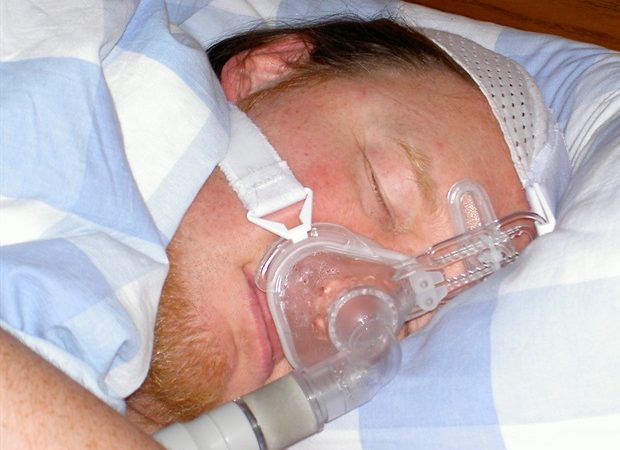 Reviewed
ReviewedStudy identifies link between sleep apnea and development of atrial fibrillation

 Reviewed
ReviewedNew research from Cleveland Clinic has identified a link between sleep apnea and the development of atrial fibrillation, a common heart rhythm disorder.
Published in JAHA, the study of over 42,000 patients found that sleep-related hypoxia – or low oxygen levels during sleep – is associated with a higher risk of developing atrial fibrillation over time. The study found this risk persisted even after accounting for lung function, suggesting sleep-related hypoxia independently increases atrial fibrillation risk separate from any underlying lung disease.
Atrial fibrillation causes an irregular and often abnormally fast heart rate, which can lead to poor blood flow and complications like stroke. An estimated 2.7-6.1 million people in the U.S. are living with AFib.
The study showed that 5% of patients were diagnosed with AFib within 5 years of their sleep study despite the cohort being fairly young (mean of 51 years old). It also found that for every 10 percentage point decrease in mean oxygen saturation, risk of AFib increased by 30%.
Regular screening for and treating sleep apnea may help reduce the likelihood of developing atrial fibrillation, especially in those already at high risk, according to the researchers.
The researchers plan future studies to better understand the mechanisms linking sleep disordered breathing, which includes sleep apnea and sleep-related hypoxia, to AFib development. They also aim to examine whether current treatments for sleep apnea, such as CPAP, can help lower AFib risk. Their findings can inform future clinical trials of sleep disordered breathing treatments, such as supplemental oxygen at night.
Cleveland Clinic
Heinzinger, C. M., et al. (2023) Sleep‐Disordered Breathing, Hypoxia, and Pulmonary Physiologic Influences in Atrial Fibrillation. Journal of the American Heart Association. doi.org/10.1161/JAHA.123.031462.
Posted in: Medical Research News | Medical Condition News
Tags: Atrial Fibrillation, Blood, Breathing, Heart, Heart Rate, Hypoxia, Lung Disease, Oxygen, Research, Sleep, Sleep Apnea, Stroke